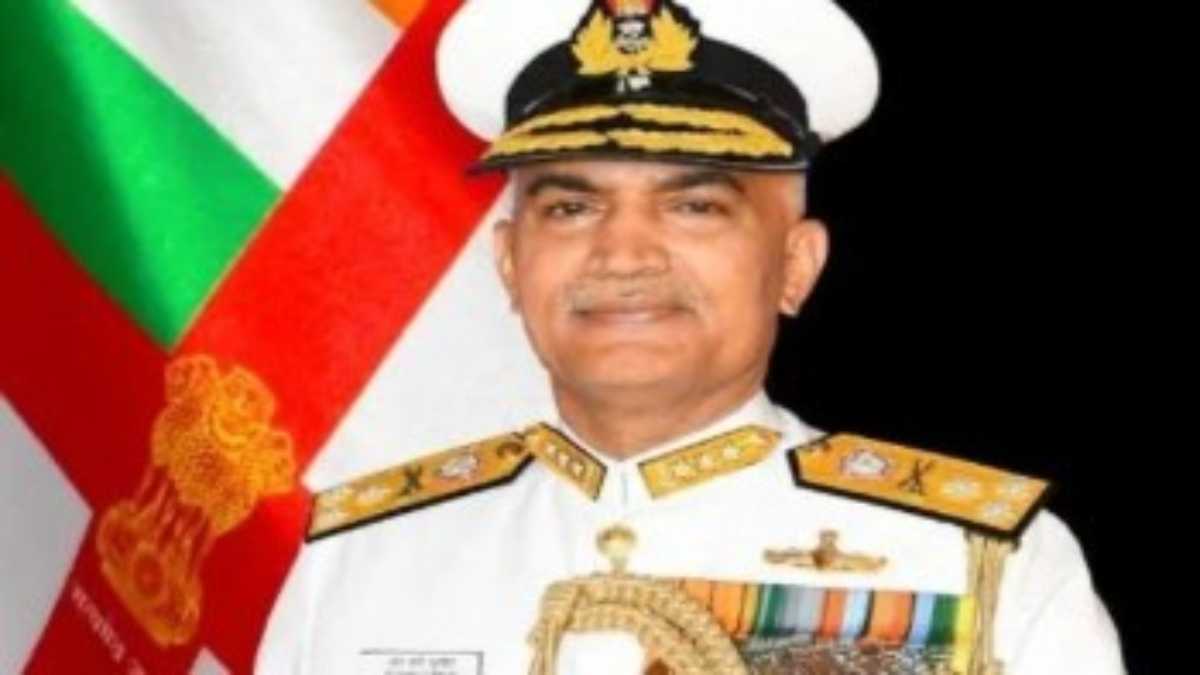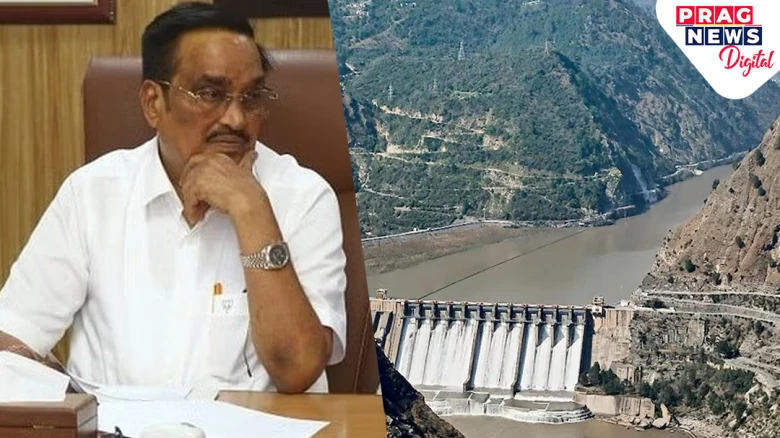Digital Desk: Vice Admiral G Ashok Kumar, former navy vice chief, took over as India's first National Maritime Security Coordinator (NMSC) on Wednesday, amid growing threats to coastal security and shifting power dynamics in the Indian Ocean Region (IOR), where China is attempting to expand its sphere of influence, officials familiar with the development said.
G Ashok Kumar was hand-picked for the difficult task. He will report directly to Ajit Doval, the national security advisor. To be sure, NMSC will not be supported by any forces.
Kumar, an alumnus of Sainik School in Amaravathi Nagar, Tamil Nadu, and the
National Defence Academy in Khadakvasla, Pune, was commissioned into the navy's executive branch in July 1982. He stepped down as vice head of the navy last year.
Also Read: Kushinagar: 13 women drown in a well amidst wedding rituals
Last November, the Cabinet Committee on Security, led by Prime Minister Narendra Modi, approved the formation of the office of NMSC. The appointment comes two decades after a panel of ministers recommended strengthening the national security architecture during the 1999 Kargil war with Pakistan. The 26/11 Mumbai terror attacks provided additional urgency to strengthen marine security.
Kumar,a navigation and direction expert, will be the principal adviser to the government on maritime security. The admiral is a graduate of the elite Defence Services Staff College in Wellington, as well as the Army Higher Command Training at Mhow and a specialised expeditionary operations course at Quantico in Virginia, USA.
He has served aboard the warships Beas, Nilgiri, Ranvir, Vikrant, Kulish, and the Brahmaputra. Kumar has previously served as India's defence adviser in Singapore, the commandant of the National Defence Academy, and the navy's deputy chief.
Experts said the appointment of NMSC was a significant development. “NMSC will coordinate the actions of all stakeholders in coastal security. The existing set-up had room for improvement without a doubt,” said security affairs expert Vice Admiral Shekhar Sinha (retd).
The establishment of the NMSC met a critical need, since the navy, coast guard, and other maritime organisations functioned in silos with overlapping jurisdictions and were sometimes at conflict with one another.
India is a marine country with approximately 7,000 kilometres of coastline and over two million kilometres of exclusive economic zone (EEZ). The EEZ of each coastal country extends 200 nautical miles (370 kilometres) from its coastlines, and the country in question has exclusive rights to all resources in the oceans, including oil, natural gas, and fish.
More than 70% of Indian commerce, including essential crude oil, is delivered by sea, and the safeguarding of maritime channels is critical to the country's security.
With China shifting to a sea-based security strategy and expanding into the Indian Ocean via Pakistan and Myanmar, the position of NMSC will be critical for maritime and energy security as Beijing intends to reach the African continent's eastern seaboard via the Indian maritime domain.
The navy's and coast guard's capital budgets have also grown dramatically this year, indicating the government's emphasis on maritime security - their capital outlays have climbed by 44.5 percent and 60.2 percent, respectively.








Leave A Comment